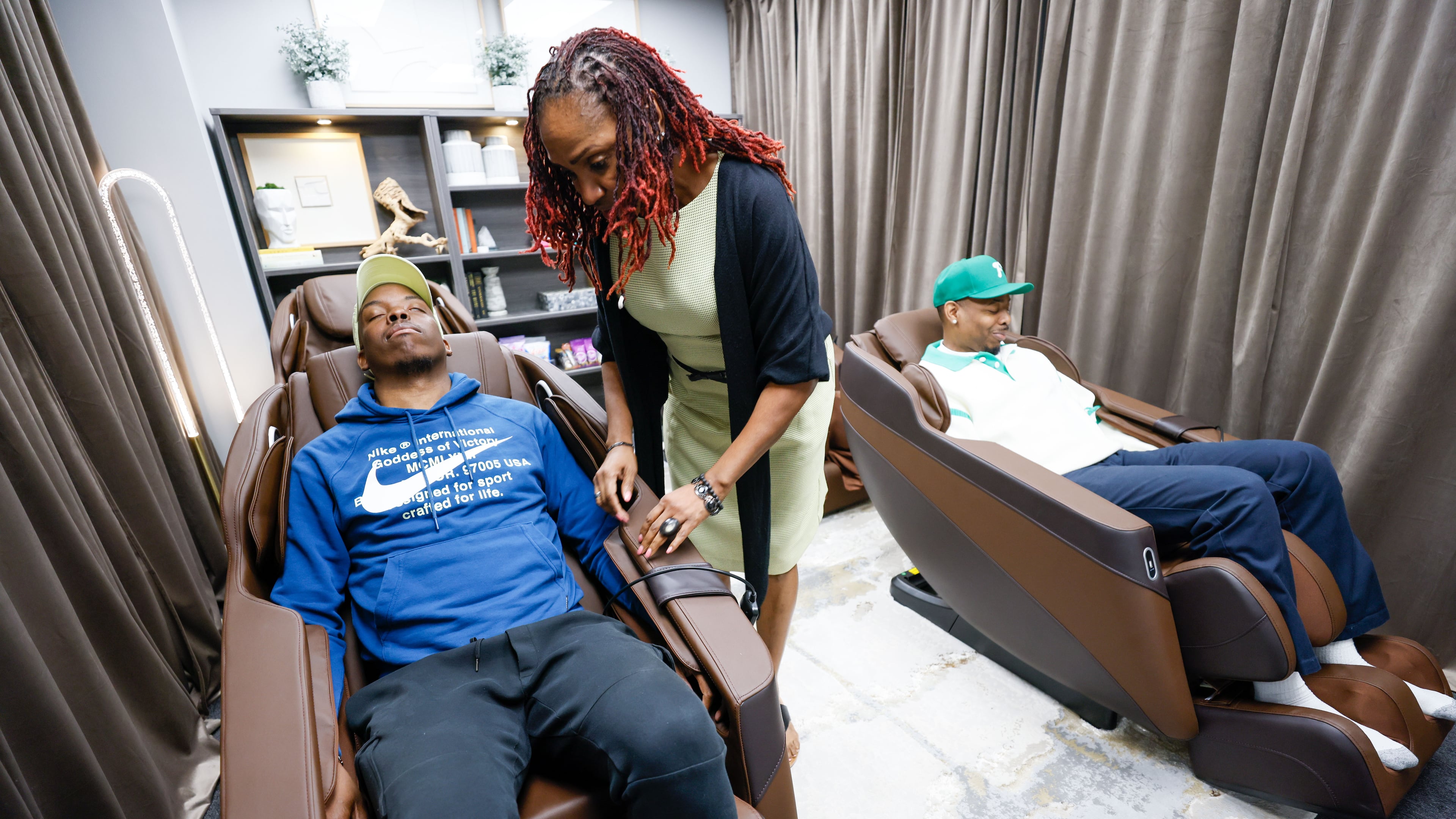Gene therapy, equity and trust in Atlanta’s sickle cell fight

For thousands of Atlantans living with sickle cell disease — a condition that disproportionately affects Black individuals — daily life means enduring episodic excruciating pain described as “razor blades” slicing through their veins, frequent emergency room visits and stigma, such as being unfairly seen as drug-seeking. Though many health care providers work tirelessly to provide equitable care, systemic challenges and medical mistrust remain significant obstacles. Addressing these issues requires collaboration between patients and providers to achieve better outcomes.
As a student and advocate for health equity, I’ve been deeply moved by sickle cell warriors’ stories and feel inspired to shed light on their challenges.

Gene therapy: Hope and barriers
The Food and Drug Administration’s December 2023 approval of Casgevy and Lyfgenia gene-editing therapies sparked cautious optimism within the sickle cell community. These therapies reprogram patients’ blood stem cells to alleviate red blood cell sickling, offering a potential one-time cure to patients 12 years and older. However, at $2.2 million to $3.1 million per dose, they remain inaccessible to many.
The Centers for Medicare and Medicaid Services Cell and Gene Therapy Access Model aims to expand access to these costly cell and gene therapies to Medicaid beneficiaries, who make up nearly 60% of those with sickle cell disease. This voluntary outcomes-based model, launching in 2025, shifts financial risks to manufacturers if the therapy fails. If implemented effectively, the access model could revolutionize sickle cell disease care while saving the state billions in health care costs.
However, those not covered by Medicaid or states that choose not to participate remain excluded, highlighting the need for more diverse, inclusive solutions.
Trust and skepticism
Access isn’t just about affordability; it’s also about trust. Some sickle cell warriors remain skeptical of gene therapy because of unknown long-term risks. “We just don’t know enough; there’s no long-term data,” said Keecilon Wright, a longtime warrior.
“Why are we always the guinea pigs?” lamented Blaze Eppinger. This skepticism is deeply rooted in historical injustices, including the Tuskegee Syphilis Study and the exploitation of Henrietta Lacks’ HeLa cells, which have sown seeds of mistrust between Black communities and the health care system.
Personal experiences of neglect also fuel doubt. “Even at the pharmacy, I feel judged for just picking up my medications,” said Kadeem Harrison, describing how seeking pain relief often feels like a battle for dignity.
These concerns are not only valid but also reflective of the systemic challenges that have persisted for generations. To address these concerns, progress is being made to ensure the safety and efficacy of gene therapies.
This month, at the 66th American Society of Hematology annual meeting, the two manufacturers shared updated long-term data from their respective gene therapy trials. Vertex Pharmaceuticals and CRISPR Therapeutics presented findings for Casgevy demonstrating that 93% of patients were free of vaso-occlusive crises for an average period of more than 2.5 years, with some patients maintaining freedom for up to 4.7 years.
Likewise, Bluebird Bio’s LYFGENIA™ demonstrated that 94.7% of patients had complete resolution of severe vaso-occlusive crises, with this improvement sustained for a median of 3.5 years, with some patients followed for over 9 years — the longest duration of follow-up reported for any gene therapy in sickle cell disease.
The data is promising; however, patients should openly discuss treatment options with health care providers. For that, trust is essential.
Building trust requires culturally competent care, transparent communication and awareness of systemic racism and unconscious bias. Vivien Sheehan, director of Sickle Cell Translational Research at Children’s Healthcare of Atlanta, emphasized the importance of empathy and open dialogue between physicians and patients. Only through mutual effort can trust be rebuilt and innovative treatments such as gene therapy be embraced.
Atlanta’s role
Atlanta is uniquely positioned to lead the fight against sickle cell disease. A $16 million initiative at the Georgia Research Alliance promotes collaboration among top medical institutions to advance treatments. Grady Health System offers 24-hour care for adults and Children’s Healthcare of Atlanta operates the nation’s largest pediatric sickle cell program. The Sickle Cell Foundation of Georgia is making strides with initiatives including the Sickle Cell Sanctuary, which provides free, holistic services addressing medical and emotional needs for warriors without insurance. Additionally, the foundation, in partnership with Morehouse School of Medicine, offers culturally competent provider training to health care professionals.
Empowering warriors
Sickle cell warriors also play a critical role in advocating for their health. Organizations, including the Sickle Cell Foundation of Georgia, provide tools to help patients take charge of their care, with initiatives like Camp New Hope offering children with sickle cell disease opportunities to connect with mentors and gain confidence in managing their condition.
A call to action
True progress requires systemic change and collaboration between patients, health care workers and communities. Atlanta has the resources, leadership and responsibility to ensure that hope for a better future becomes a reality.
Krishna Patel, who holds a degree in regenerative bioscience from the University of Georgia, is a research specialist at Emory University.


